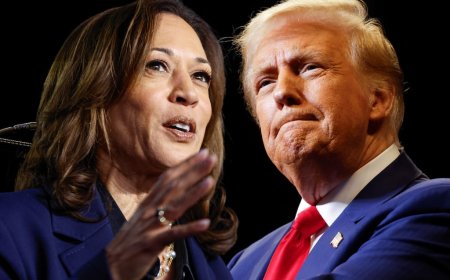IMF warns that retaliatory tariffs in Asia could hinder economic growth
IMF warns that retaliatory tariffs in Asia could hinder economic growth

The International Monetary Fund (IMF) cautioned on Tuesday that retaliatory tariffs could undermine Asia’s economic outlook, increase costs, and disrupt supply chains, even as the region is expected to remain a crucial driver of global economic growth.
"Tit-for-tat tariffs threaten to disrupt growth prospects across the region, resulting in longer and less efficient supply chains," said Krishna Srinivasan, IMF Asia-Pacific Director, during a forum in Cebu on systemic risks.
Srinivasan’s comments come amid concerns over US President-elect Donald Trump’s proposal to impose a 60 percent tariff on Chinese goods and a minimum 10 percent tariff on other imports.
Such tariffs could hinder global trade, slow growth in exporting countries, and potentially increase inflation in the United States, which might lead the US Federal Reserve to tighten monetary policy, despite a sluggish global growth outlook.
In October, the European Union also raised tariffs on Chinese-made electric vehicles to as high as 45.3 percent, prompting retaliatory actions from Beijing.
The IMF’s latest World Economic Outlook predicts global economic growth at 3.2 percent for both 2024 and 2025, a weaker forecast compared to Asia’s more optimistic projections of 4.6 percent for this year and 4.4 percent for the next.
Srinivasan noted that Asia is currently undergoing a period of significant transition, creating greater uncertainty, including the "acute risk" of escalating trade tensions among major trading partners.
He also mentioned that uncertainties around monetary policy in advanced economies, along with related market expectations, could influence monetary decisions in Asia, affecting global capital flows, exchange rates, and other financial markets.
What's Your Reaction?





















































































